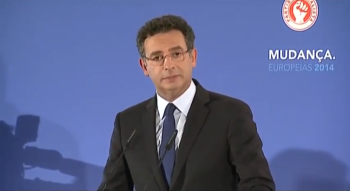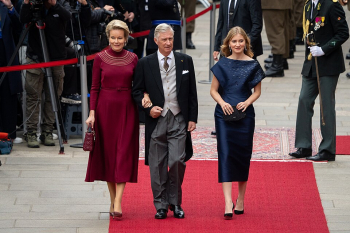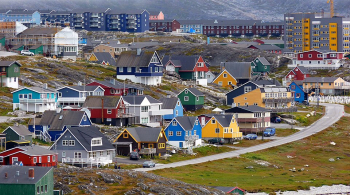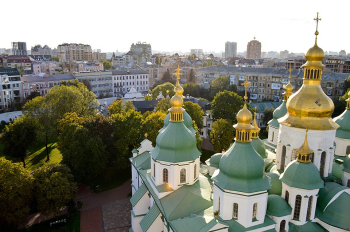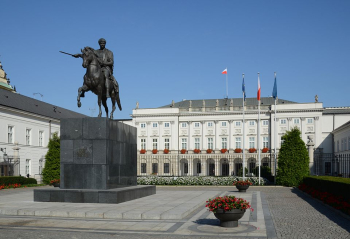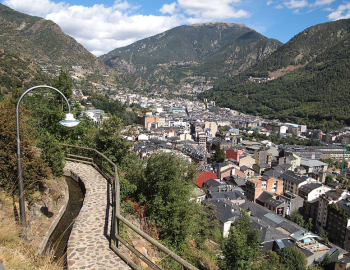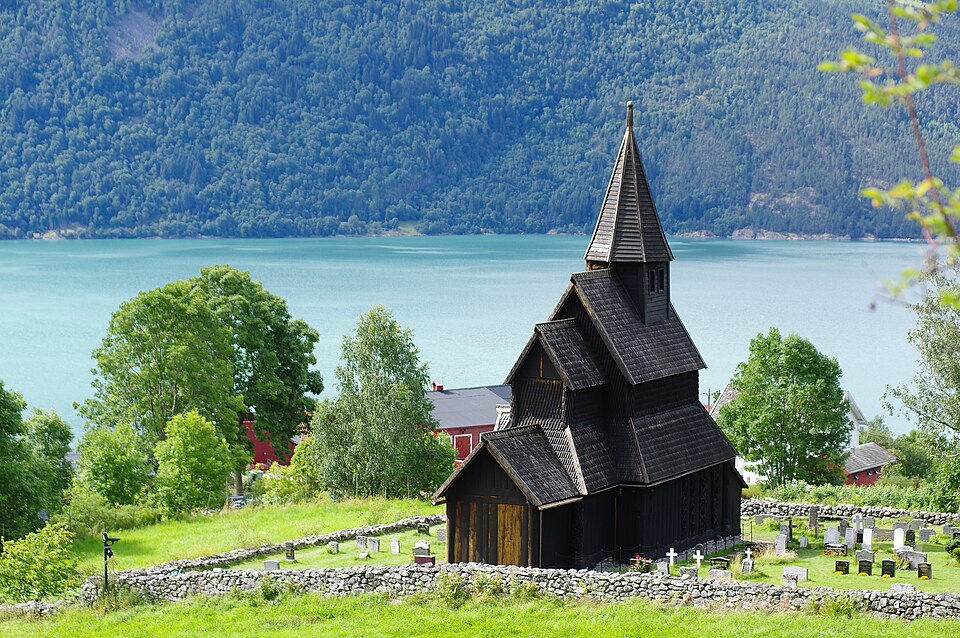
After years of declining numbers, the Church of Norway is experiencing a surprising revival. Membership is on the rise, especially among young adults—many of them new
parents—who are drawn not only by faith but also by the church’s focus on community and inclusivity.
Church buildings are a familiar sight across Norway, like the one in Seljord, Telemark, serving as vital community hubs, especially during challenging times. Now, they’re seeing a new wave of engagement.
The Lutheran Church, once closely tied to the state, has evolved significantly in recent years. Reforms have emphasized openness, social justice, and care for families of all kinds. “The church cares about families, not how they were formed,” said Renate Egeberg-Jensen, a deacon at Hasle Church in Oslo, during an interview with Klassekampen over Easter.
This shift is visible in events like “baby-song” gatherings—where new parents, including same-sex couples, come together to sing and bond with their infants. These sessions are designed to promote safety, belonging, and community. Only the final song, Kjære Gud, jeg har det godt (“Dear God, I’m doing well”), includes religious content. One father, who rarely attended church before, told Klassekampen he now enjoys these events for their warm, welcoming atmosphere.
Sven Thore Kloster, head of Norway’s Institute for Church, Religion and Worldview Research (KIFO), said such programs have helped reconnect a new generation with the church. Today, around 3.4 million Norwegians—61% of the population—are members of Den norske kirke (DNK). While that’s down from 80% in the early 2000s and over 90% in previous decades, recent figures show an encouraging uptick. In the last two years, 27,000 people were baptized, and 4,000 formally joined the church. Baptisms in 2024 included over 1,500 teenagers.
“There’s a common belief that this trend reflects a conservative shift, especially among young men,” Kloster noted, “but we haven’t found evidence of that.” Instead, people are drawn to the church’s openness and the sense of belonging it fosters.
Tommy Vad Funderud, another young father attending baby-song, said, “The Norwegian church has just become really nice.” Having grown up in a strict evangelical setting, he now appreciates the more relaxed and inclusive environment of DNK. Kloster’s research confirms a broader trend of people moving from stricter churches to the more liberal state church—not the other way around.
Hasle Church also hosts events like community dinners, children’s choirs, concerts, and senior meetups, all of which are often more popular than Sunday services. Regular worship attendance remains low outside major holidays like Christmas and Easter, but overall engagement is clearly growing.
Kloster also attributes the positive trend to DNK’s 2016 decision to allow same-sex marriage ceremonies, a move that reflected its progressive stance and broadened its appeal.
As Funderud put it, “When it comes to creating local community, it’s hard to beat the church—unless it’s football.” Photo by Bjørn Erik Pedersen, Wikimedia commons.


